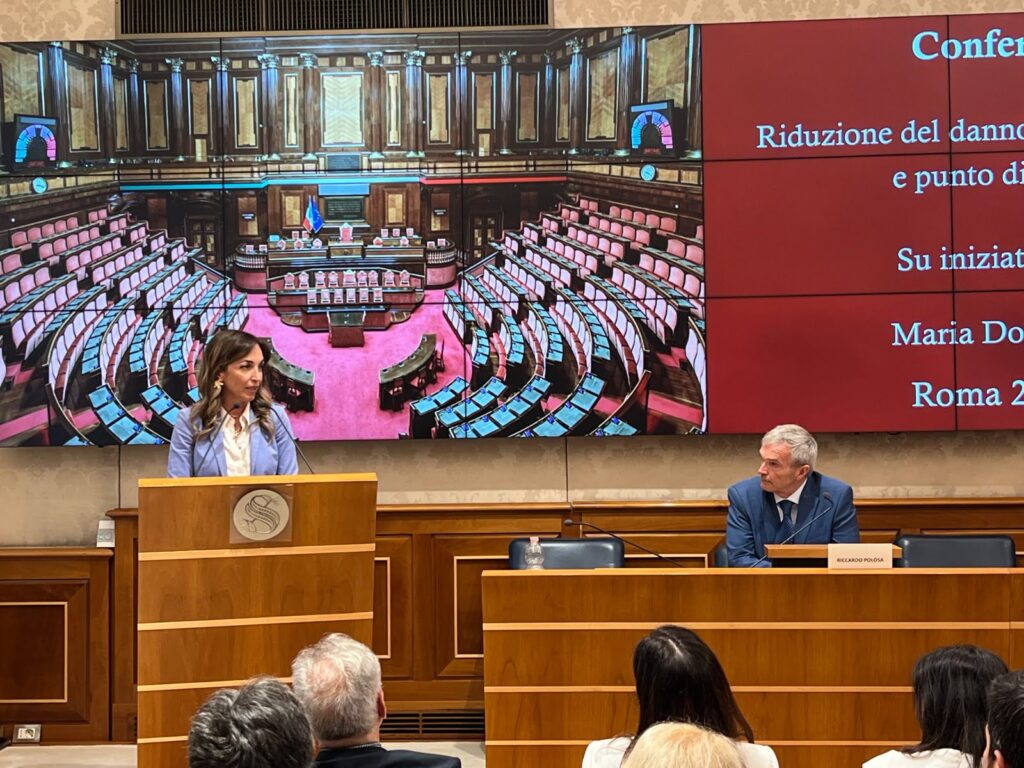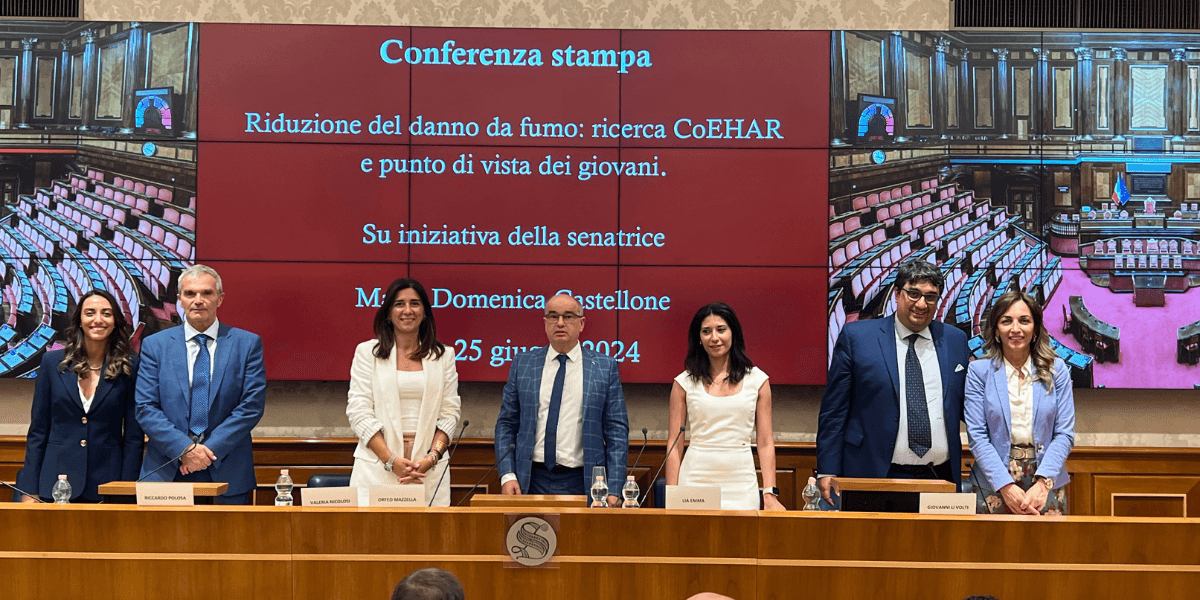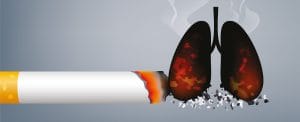CoEHAR in the Italian Senate for a press conference dedicated to the youth perspective on smoking addiction
Watch the full video of the press conference

Catania, June 26, 2024 – “We should look at virtuous examples that have led to concrete results in terms of tackling smoking addiction and follow scientific evidence instead of ideologies,” stated Professor Riccardo Polosa, founder of CoEHAR, during his speech on Tuesday, June 25, at a press conference promoted by the Vice President of the Senate of the Italian Republic, Mariolina Castellone, in the “Caduti di Nassirya” Hall of Palazzo Madama.
“Politics has a great responsibility, not only to curb smoking but also to understand how to intervene in terms of product taxation. The presence of CoEHAR representatives in the Senate represents a necessary and awaited moment of discussion” clarified Senator Castellone.

“The examples of countries like New Zealand and Australia, geographically close but vastly different in terms of shared public policies, provide a clear picture of the global situation regarding the implementation of harm reduction policies for smoking. While Australia, committed to restrictive policies on reduced-risk products, is forced to backtrack on its positions, New Zealand, by promoting combustion-free devices as effective tools for tackling smoking, has halved the smoking rate, almost eradicating the problem” explained Professor Polosa.

“The application of the harm reduction principle as a tool to reduce the number of smokers in Italy,” added Professor Giovanni Li Volti, director of CoEHAR, “can significantly impact healthcare costs, especially based on ongoing reforms. Studying the economic impact on public health resulting from the possible decision of some smokers to switch to combustion-free products represents a significant dimension that could affect outcomes in terms of hospitalizations and healthcare personnel costs. Our hypothesis” explained Li Volti, “is that the use of electronic devices is associated with a lower NEWS score. By evaluating admission values, emergency room stay duration, and negative outcomes, as already observed at the Catania University Hospital emergency room, we can already see a significant contribution to statistics on emergency room visits, waiting times, admission numbers, and specific diagnoses of smoking patients.”
The Senate meeting, organized by the Senate of the Republic, was an opportunity to present the latest CoEHAR research data and to deliver to the representatives of the 10th standing committee (social affairs, health, public and private labor, social security) the summary document of No Tobacco Day 2024, signed by the young people (degree students, PhD students, and resident doctors) who coordinated the annual event of World No Tobacco Day held on May 30 at the University of Catania.
“Greater attention to university education dedicated to smoking cessation issues” – this was the takeaway from the document delivered by student representatives. “We need more information on cessation pathways, effective tools, and techniques to help smokers quit. We, the young doctors of tomorrow, cannot just impose quitting on smokers but must advise them on the most suitable paths to achieve complete cessation or at least reduce smoking-related harm,” said Dr. Emanuela Tropea, research fellow and responsible for delivering the document to Senator Ignazio Zullo, member of the Senate Health Commission.
The press conference dedicated to smoking harm reduction, coordinated by the CoEHAR leaders, was attended by various association representatives, members of civil society, journalists, and public policy experts.




